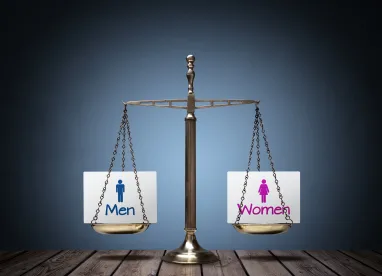As has been widely noted, the constitutionality of SB 826, California's new gender quota law, is questionable. It remains to be seen who will bring the challenge and where. Yesterday, Professor Stephen Bainbridge raised the question of whether the challengers will have standing.
If brought in federal court, the plaintiff will need to establish constitutional standing, a requirement based on Article III, Section 2, Clause 1 of the U.S. Constitution. This clause limits federal court jurisdiction to actual "cases and controversies". To establish constitutional standing, a plaintiff will be required to injury must be concrete, particularized, and actual or imminent; fairly traceable to the challenged action; and redressable by a favorable ruling. Monsanto Company v. Geertson Seed Farms, 561 U.S. 139, 149 (2010). In the near term, the injury element may prove difficult to establish because it will likely be over a year before any corporation is fined (the initial quota must be met by the end of next year). In addition to constitutional standing, litigants often must also establish prudential standing. See Oxfam America Takes A Stand, But Does It Have Standing?
The California Constitution does not have a similar "cases and controversies" clause. Jasmine Networks, Inc. v. Superior Court, 180 Cal. App. 4th 980, 990 (2009). Moreover, the California Code of Civil Procedure, in contrast to federal standing jurisprudence, grants broad standing to taxpayers to challenge unconstitutional expenditures. Cal CIv. Proc. Code § 526a. However, other restraints may be invoked. For example, the Code of Civil Procedure also requires that "[e]very action must be prosecuted in the name of the real party in interest, except as otherwise provided by statute". Cal CIv. Proc. Code § 367.
It is also possible, if not likely, that a challenge will be mounted in the courts of Delaware or some other jurisdiction. Thus, we will likely have to wait and see who and where the inevitable constitutional challenge is brought.



 />i
/>i


